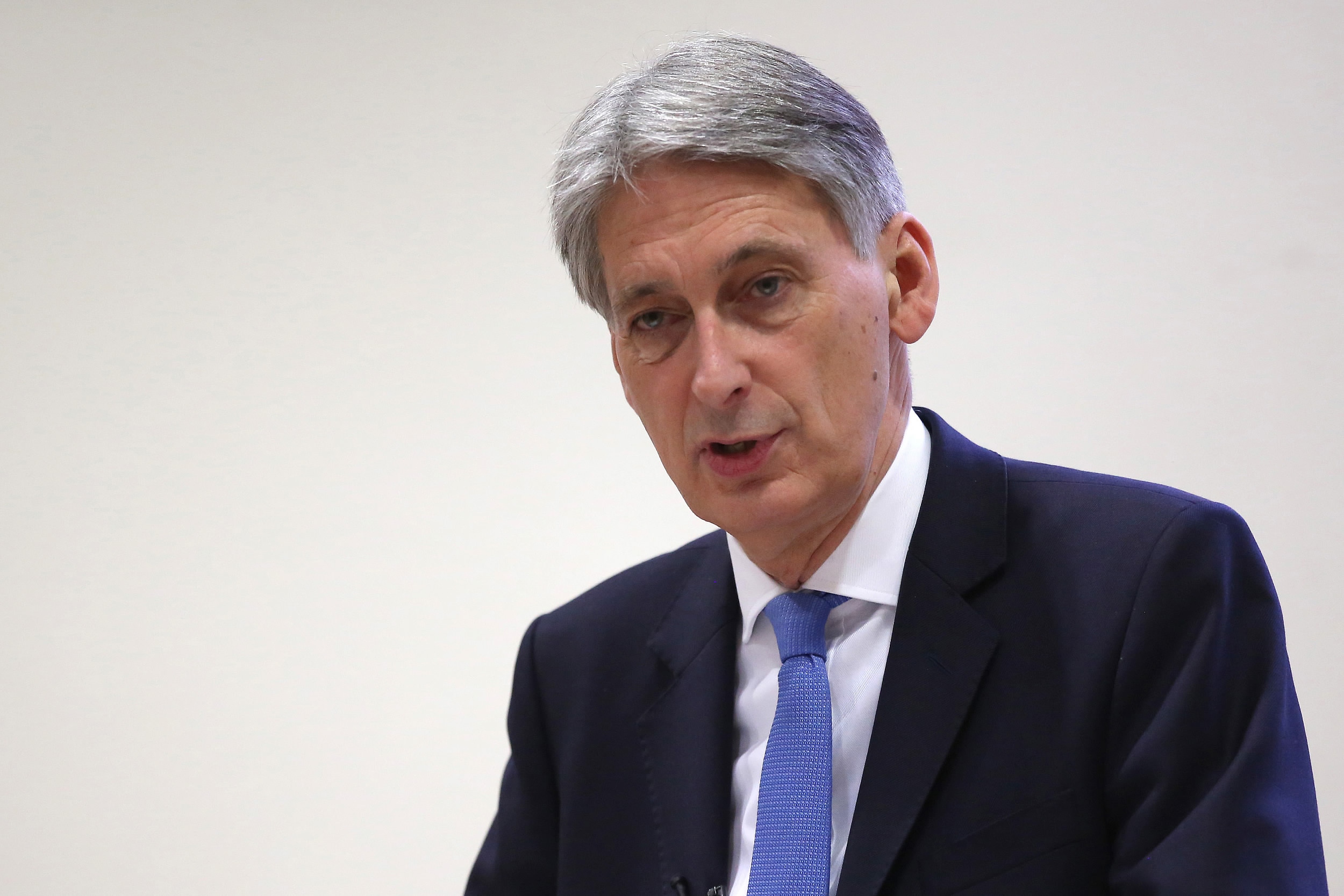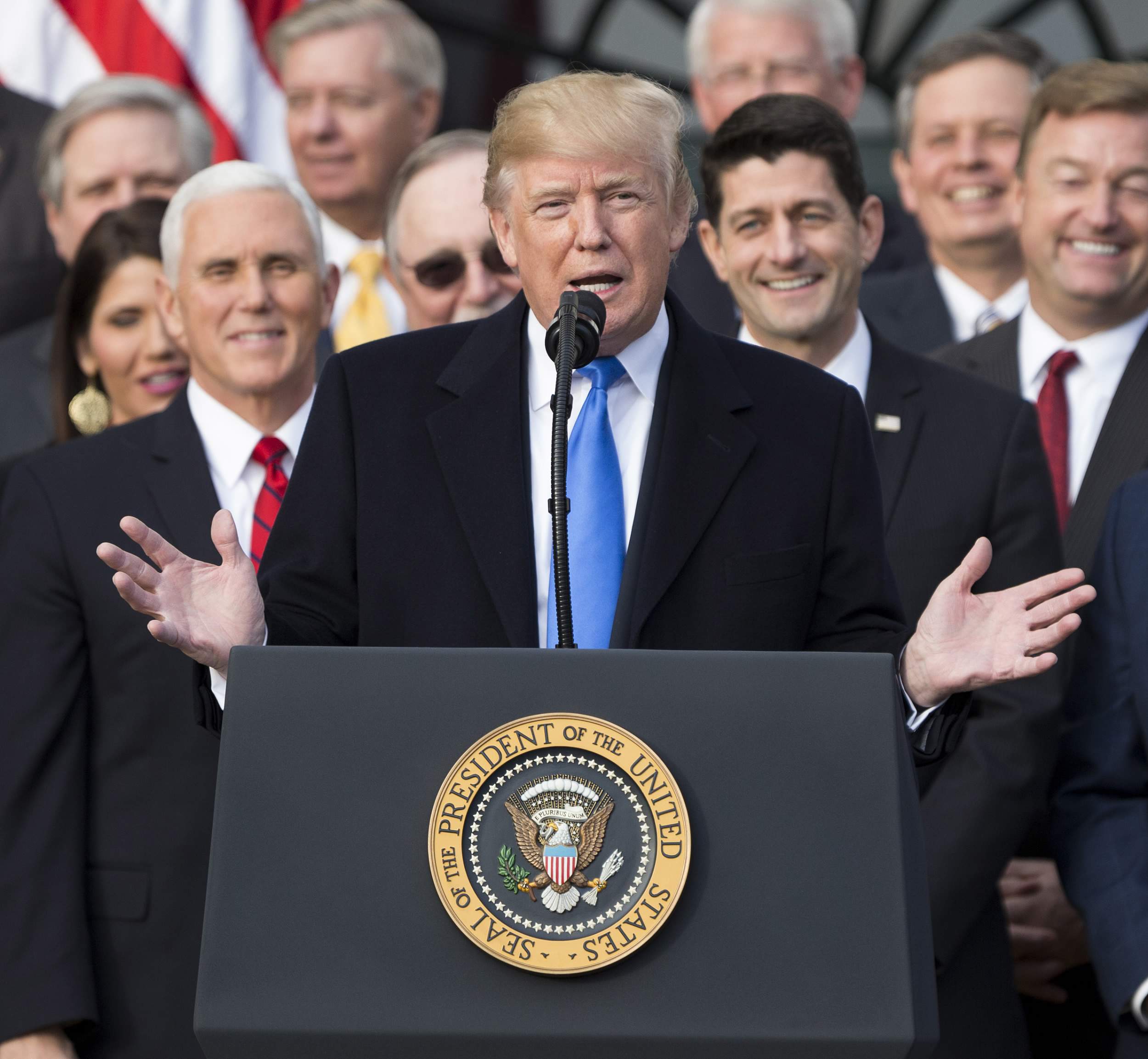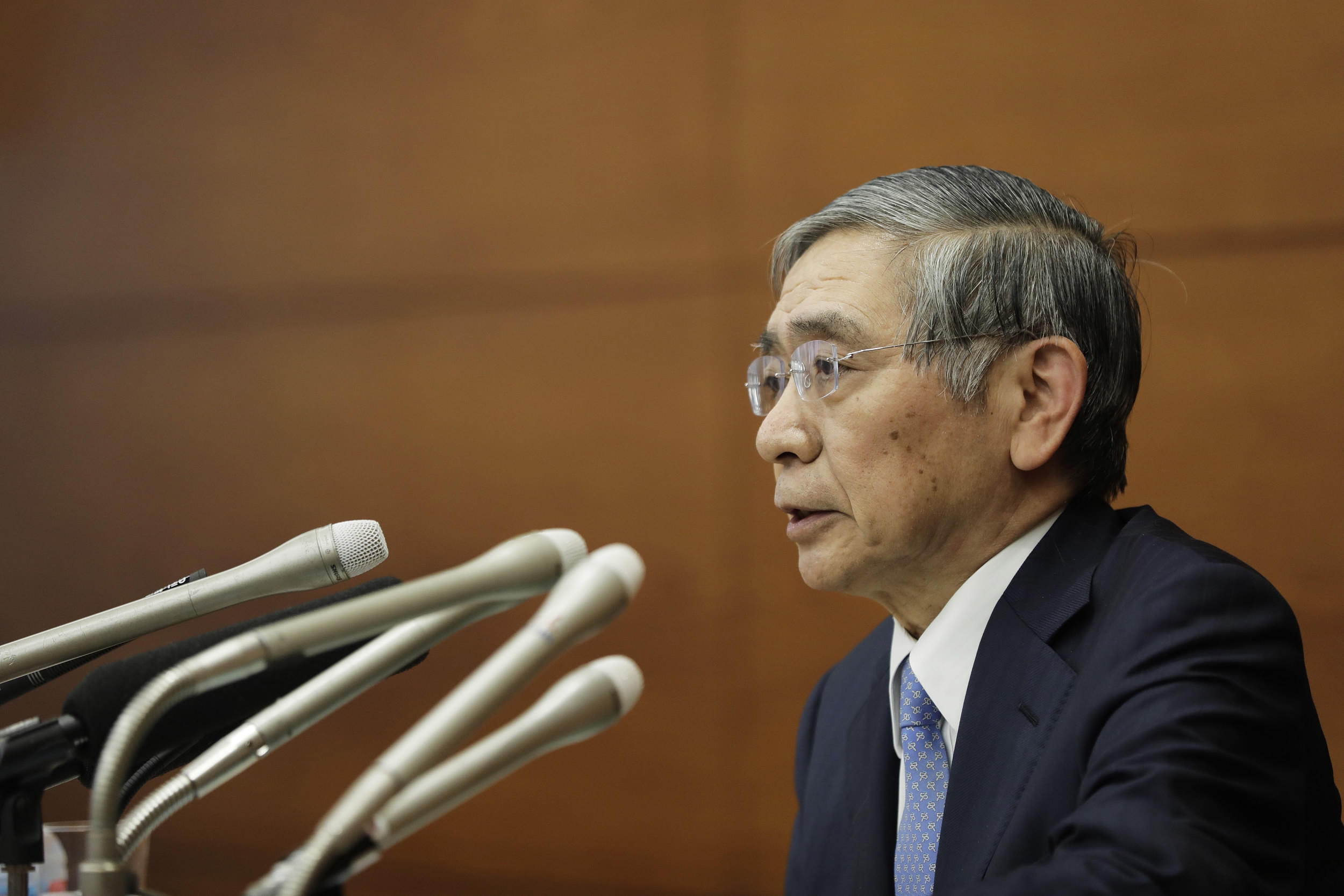Wednesday saw the US Senate pass a landmark tax reform bill, described by President Donald Trump as “the biggest in history.” While debate continues to rage across the United States over whether the cuts will be a boom or a bust in the long term, other major global economies have been closely watching Washington for clues on how the reform will affect them.
Europe: Tax reform breaks the rules
A week before the tax bill was formally approved in the Senate, the finance ministers of Europe’s five biggest economies – Germany, France, the UK, Spain and Italy – signed and delivered a letter to US Treasury Secretary Steven Mnuchin, expressing concern over the reform.

UK Chancellor of the Exchequer Philip Hammond was joined by the finance ministers of Germany, France, Italy and Spain in signing the letter to US Treasury Secretary Steven Mnuchin. /VCG Photo
UK Chancellor of the Exchequer Philip Hammond was joined by the finance ministers of Germany, France, Italy and Spain in signing the letter to US Treasury Secretary Steven Mnuchin. /VCG Photo
A copy of the letter was also sent to every Republican lawmaker in Congress and the Senate, and it called on the White House to ensure that any domestic reform would adhere to “the international obligations to which it has signed-up.”
Europe is particularly concerned about how any changes to current international tax previsions “may risk having a major distortive impact on international trade.”
While a proposed excise tax was dropped from the final bill, the 1.3-trillion-US-dollar cuts and reduction of corporation tax to 21 percent aim to encourage multinationals to bring their profits back to the US.
Taxes on US companies moving profits overseas, called anti-base erosion measures, were criticized by the European leaders as “unfair trade practice” for their effect on the insurance and banking industries, and potential to “distort international financial markets.”
Asia: Balancing the pros and the cons
Asian markets from Japan's Nikkei to South Korea’s Kospi displayed a mixed reaction to the tax overhaul, reflecting the uncertainty over what the reform bill really means for the region. While US-based companies are certain to benefit, the fate of multinationals with production based in China and Southeast Asia is less clear.

US President Trump speaks on the South Lawn of the White House surrounded by Vice President Mike Pence and Republican members of Congress after the Republican sponsored tax reform bill, the 'Tax Cuts and Jobs Act' was passed in Washington, D.C. on December 20th, 2017. /VCG Photo
US President Trump speaks on the South Lawn of the White House surrounded by Vice President Mike Pence and Republican members of Congress after the Republican sponsored tax reform bill, the 'Tax Cuts and Jobs Act' was passed in Washington, D.C. on December 20th, 2017. /VCG Photo
Will some of the world’s biggest companies be lured back to the US by the low corporation tax, or will they force their current host nations to fight back with tax cuts of their own in a race to the bottom? Beyond the effects on production, will corporation and income tax cuts translate into a wealthier US middle class, and therefore stronger sales for Asian tech giants?
South Korea raised its corporate tax rate to 25 percent earlier this month, as part of President Moon Jae-in’s bid to fight inequality in the country. With other major economies also considering tax cuts, Seoul’s decision to buck the trend may boost domestic tax revenue, but will likely lead to a drop in investment from overseas.
Nikkei Asian Review reported earlier this month that Japan might drop its corporation tax rate to 20 percent for companies that boost wages and invest in productivity growth, which would remain in keeping with the slow and steady pro-business approach of Abenomics over the past five years.
On Thursday, Japan’s central bank voted in favor of maintaining current rate levels, with inflation still struggling to get anywhere close to a target of two percent.

Haruhiko Kuroda, governor of the Bank of Japan (BOJ), speaks during a news conference in Tokyo, Japan, on Thursday, Dec. 21, 2017. /VCG Photo
Haruhiko Kuroda, governor of the Bank of Japan (BOJ), speaks during a news conference in Tokyo, Japan, on Thursday, Dec. 21, 2017. /VCG Photo
The country’s exports were up 16 percent year-on-year in November, with a 13 percent rise in shipments to the US – Japanese authorities will be expecting further increases in 2018 once the effects of the US tax cuts become apparent.
Chinese exporters will also welcome greater purchasing power from the US, and while the tax cuts will also boost the competitiveness of American companies, forcing Chinese producers to further step up their game, the reform represents a boost to foreign investors in the US.

China will be hoping that one advantage of the US tax reform will be a boost to exports. /VCG Photo
China will be hoping that one advantage of the US tax reform will be a boost to exports. /VCG Photo
A study by the Tax Policy Center found that 35 percent of US equities are held by foreign nationals, who are set to make some 70 billion US dollars out of the tax reform. In 2016, Chinese investment in the US boomed and was worth 45.6 billion US dollars, and despite a slowdown in investment in 2017, investors from China are sure to secure significant benefits from Trump’s reform.






